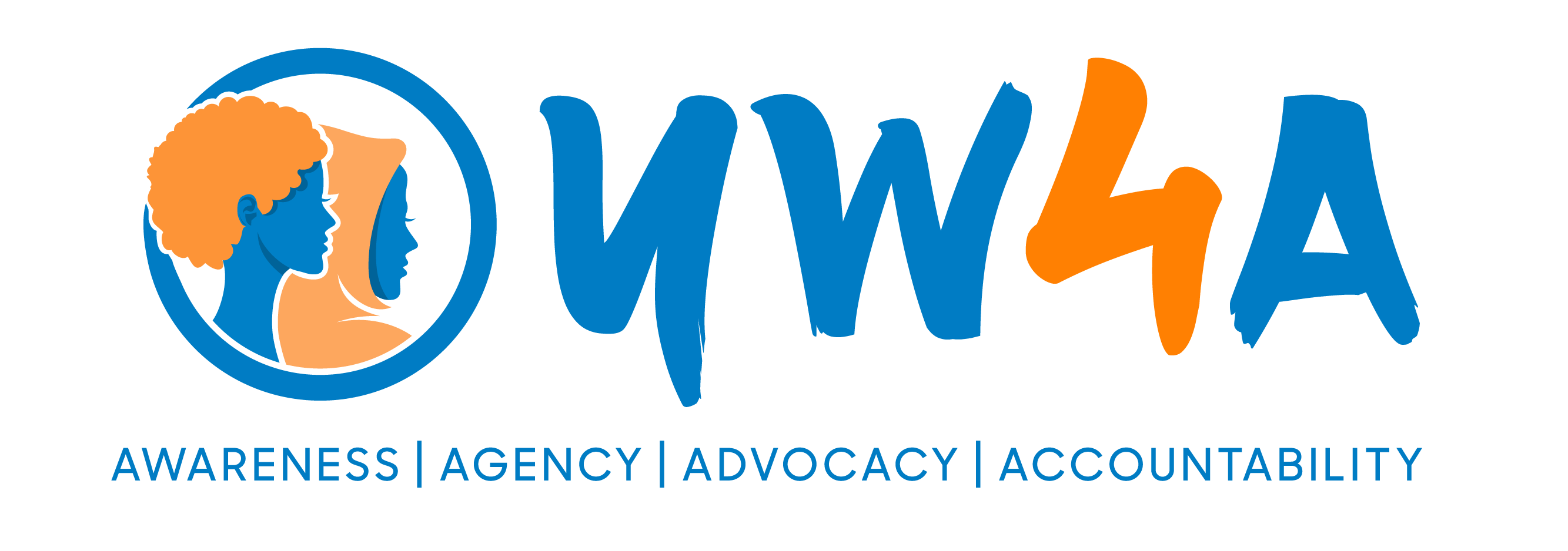One of the key strengths of the YW4A partnership lies in its ability to leverage the technical expertise of partner organizations and tap into their existing advocacy and networking platforms.
The programme has effectively leveraged this opportunity by consistently involving young women and women’s rights organisations (WROs) in coalitions that partners belong to. For instance, Equality Now has used platforms where it plays a significant role or serves as the secretariat, such as the Hurra Coalition in MENA and SOAWR in Africa, to engage WROs and young women.

Moreover, WROs and young women have been encouraged to participate in thematic coalitions, such as in Egypt where WROs are preparing to establish a national coalition focused on the ratification of ILO Convention 190 on Workplace Sexual Harassment, and in Palestine, where the focus is on aligning with existing coalitions like El Muntada.
Through coalitions like the Hurra Coalition, organizations like EFFD in Egypt have built rapport with other WROs, enabling the pooling of unique resources, expertise, and experiences to undertake more comprehensive advocacy campaigns beyond the programme’s scope. This amplifies their voices, increases visibility, and empowers them to exercise agency.
Engaging young women in strategic coalitions strengthens networking and collaboration among intergenerational and diverse actors, allowing for mutual learning and strengthening of the women’s rights movement in the MENA region.
However, working on women’s rights in regions like MENA, especially in contexts like Egypt and Palestine, where civic space is restricted, poses significant challenges and risks for WROs and young women. These challenges include harassment, travel bans/restrictions, and violence. Addressing these challenges collectively at the consortium level, guided by contextual knowledge, facilitates dialogue, and allows for consideration of various factors and perspectives while prioritizing prevention and early intervention. Coalitions enable WROs and young women to leverage collective strength to push for legal reform and create inclusive societies.


Beyond training and learning, the programme also emphasizes mentorship and immersion to empower young women to engage and learn from partners’ experiences and connections. Young women and WROs are provided access to platforms and spaces for applied national and regional advocacy.
For example, in South Sudan, young women engaged with representatives from the South Sudan Human Rights Commission at the African Commission on Human and Peoples’ Rights, holding them accountable to address SGBV and advocate for young women’s inclusion in leadership.
Similarly, in Kenya, young women have actively participated in advocacy opportunities, including writing articles for publication, engaging in public participation for county planning and budgeting processes, and participating in legislative drafting processes in Meru and Kisii counties.



